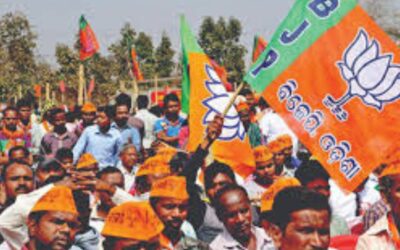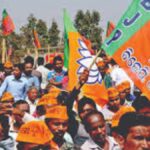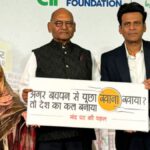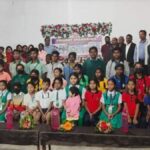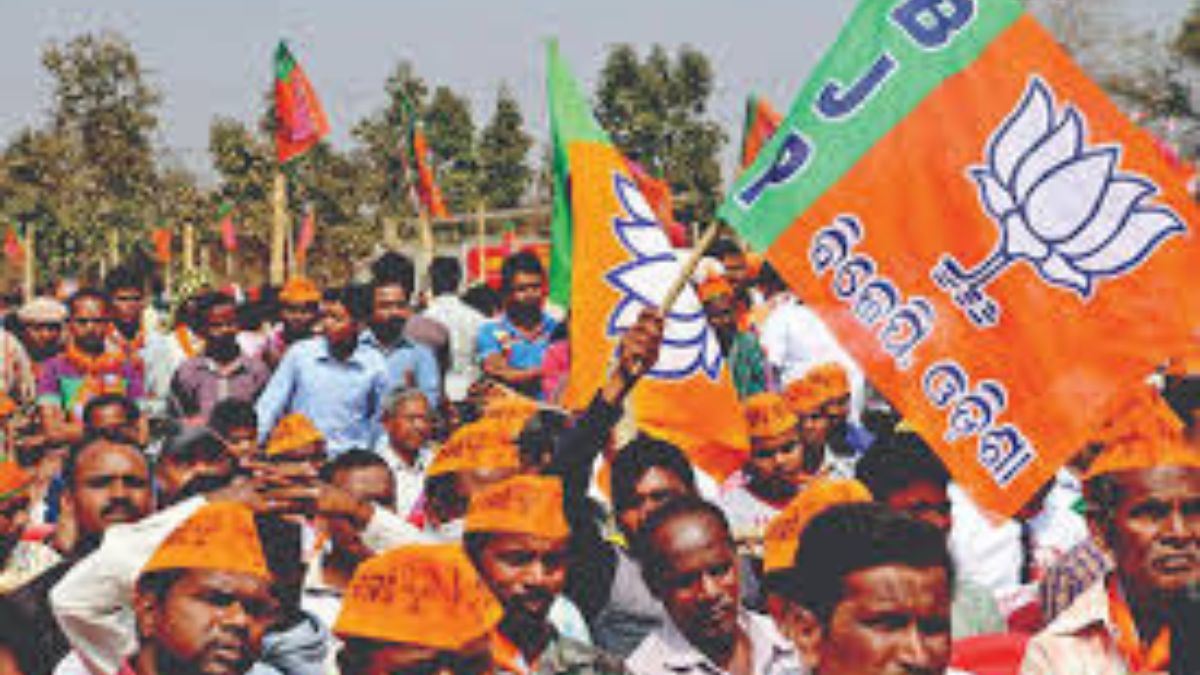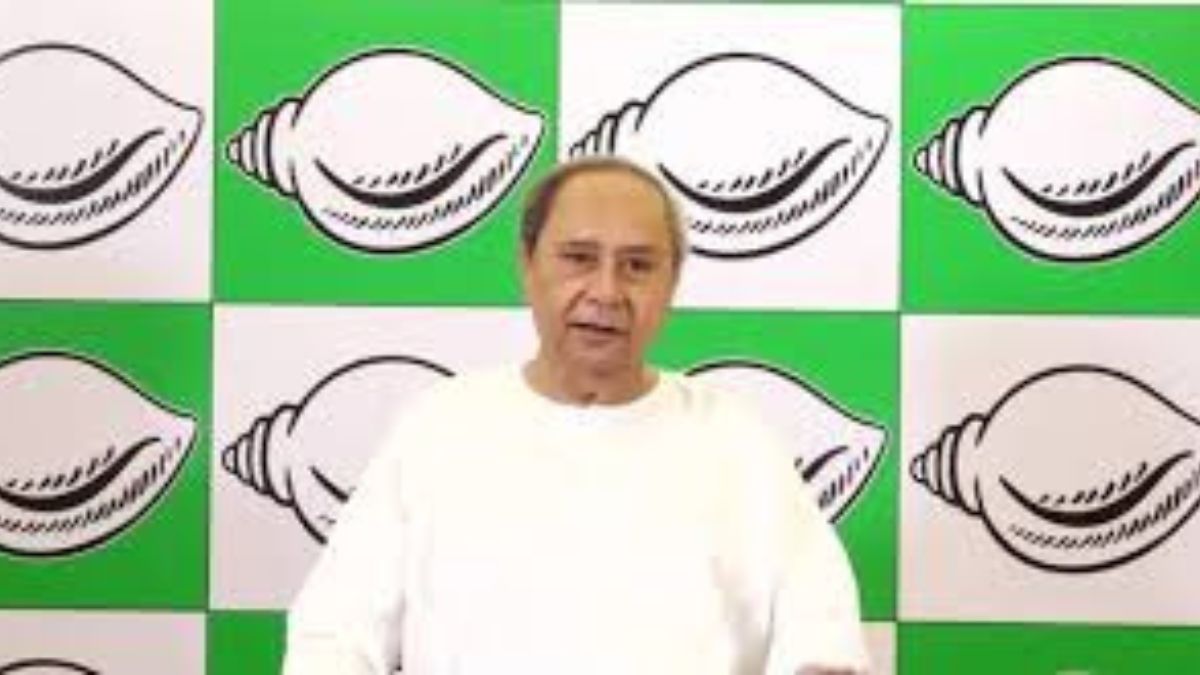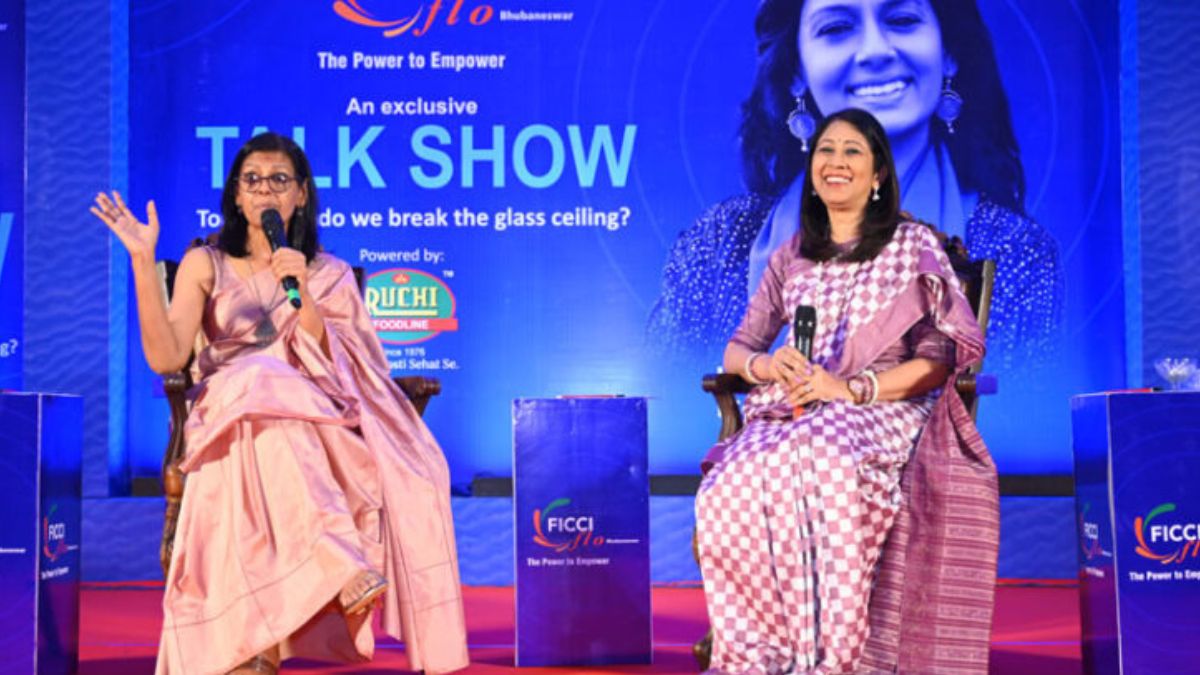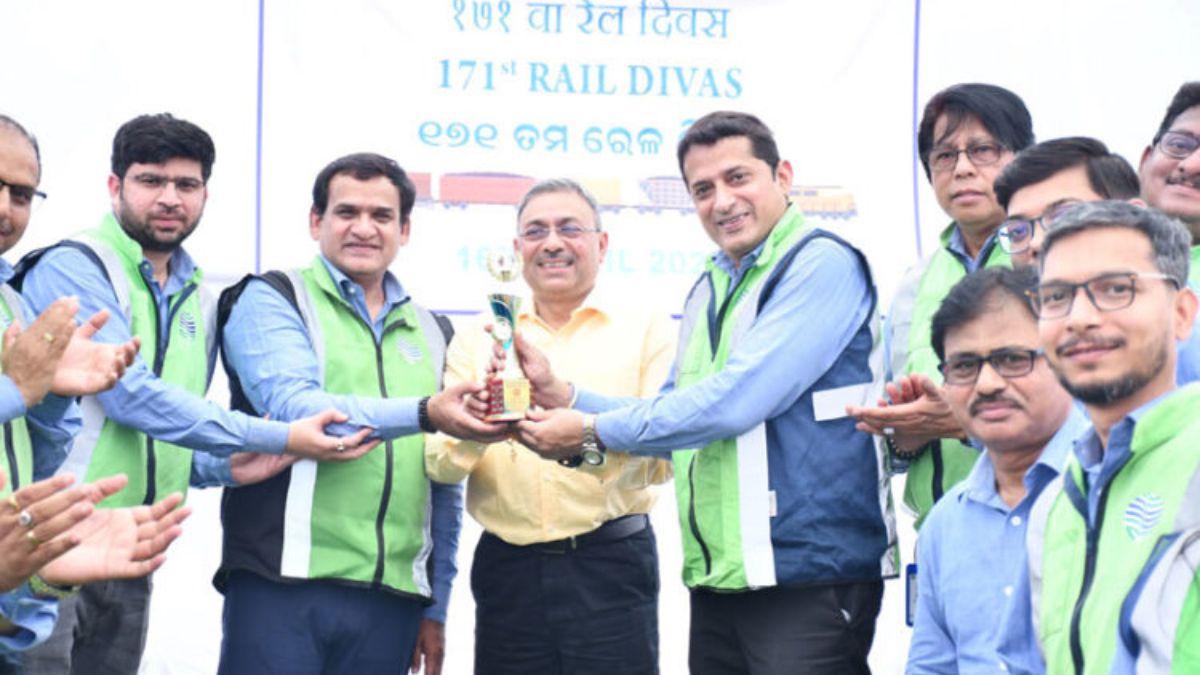Adivasi Mela: Multilingual Tribal Drama Fest Sheds Light on Social Causes

Bhubaneswar: The three day long multilingual tribal drama festival being held at the annual Adivasi Mela 2024, staged a captivating performance through the play “Dekh Meta Tor Tokir Kata” in the Desia language of Koraput district shed light on the issue of child marriage. The play depicted how timely intervention from educated members of the village community prevented a child marriage, leading to both minors pursuing education and improving their lives significantly.
Sundarmal Barik, the director of “Maa Mauli Kala Parishad” from Gundal Kundra in Koraput district, expressed satisfaction at the play’s impactful message, which resonated with thousands of viewers and enriched the participating troupes’ experience.
Following this, the second play, “Hemal Umbul,” presented in the Mundari language by “Maa Chintamani Mundari Opera” from Astajharan, Badasahi in Mayurbhanj district, addressed the detrimental effects of unscientific beliefs and superstitions surrounding witchcraft. The play portrayed a family’s struggle as they displace their own mother due to such beliefs.
Dasrath Singh, the writer, director, and actor, believed that this inaugural multilingual drama festival at the Adivasi Mela would serve as inspiration for other tribal communities to embrace creative expression and drive positive social change.
In another powerful play presented in Mundari language by the “Man BiratpatTayanbur Banga Madil Dramatic Club” from Khadiabasa, Udala in Mayurbhanj district, the consequences of mobile addiction were vividly depicted. The play illustrated how a tribal youth’s life spirals downward as he loses love, family, and elderly parents due to this addiction.
The play “Riling Kedamanmee Jiban Reya Senhora,” directed by Satrughan Singh, effectively highlighted the struggles faced by parents and their children, emphasizing the distracting allure of modern gadgets on the younger generation.
This series of thought-provoking dramas continued with a Santali play titled “Din Ge DubungDubung,” which addressed the detrimental impact of excessive entertainment on tribal communities’ traditional livelihoods and lifestyles.
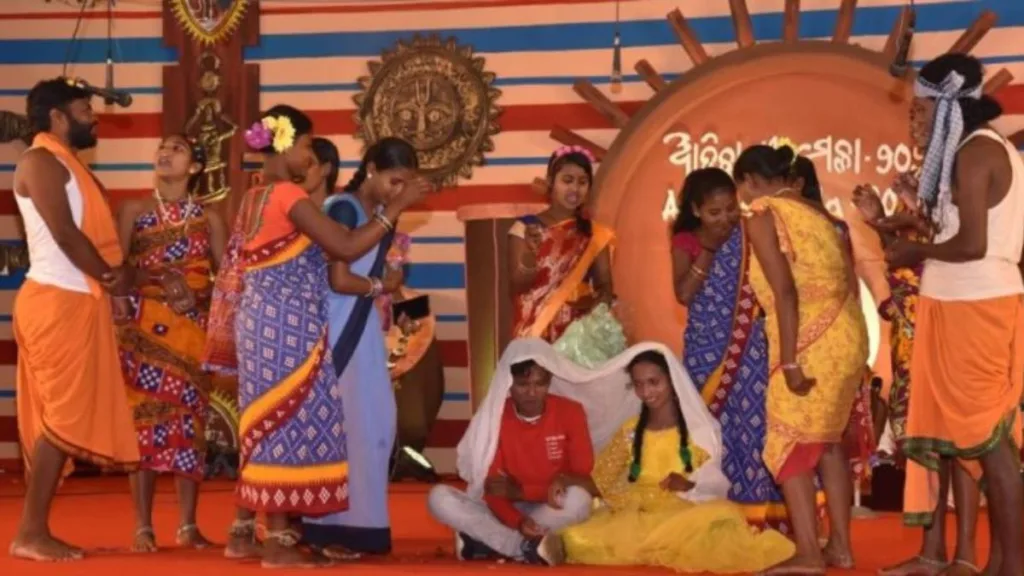
Director Gangadhar Hembram expressed gratitude to the ST, SC Development Minorities & Backward Classes Welfare Department for providing a platform to showcase the Santali play. He hoped that this event, held as part of the World Odia Language Conference at Janata Maidan, would promote a multilingual approach in education and socio-cultural spheres in Odisha.
The festival received distinguished guests such as Commissioner-cum-Secretary of ST, SC Development Minorities and Backward Classes Welfare Department, Roopa Roshan Sahoo, and Director Indramani Tripathi, who commended the diversity of tribal languages and praised the festival as a significant platform for tribal artists.
Samay Purty, a manager of the Pandit Lakobodra Dramatic Club from Karanjia in Mayurbhanj district, announced an upcoming drama titled “Adivasi” in the Ho language, which will highlight the plight of displaced indigenous communities losing their land, forests, and belongings despite false promises.

